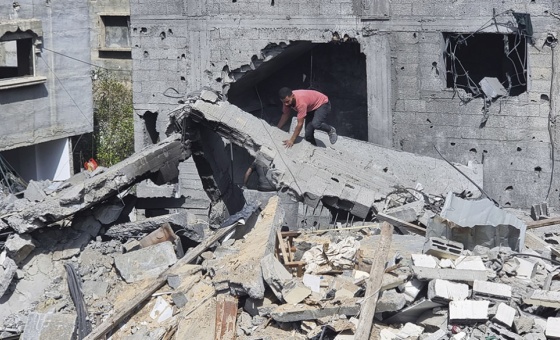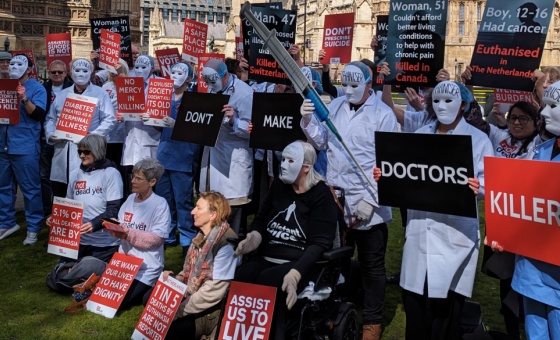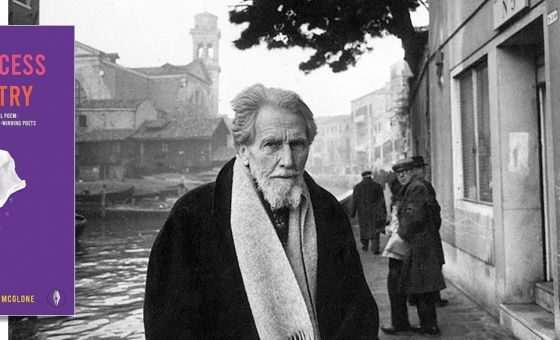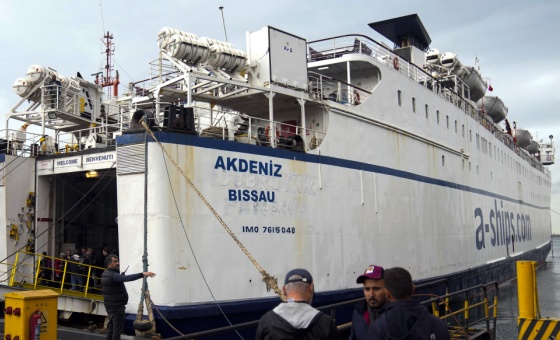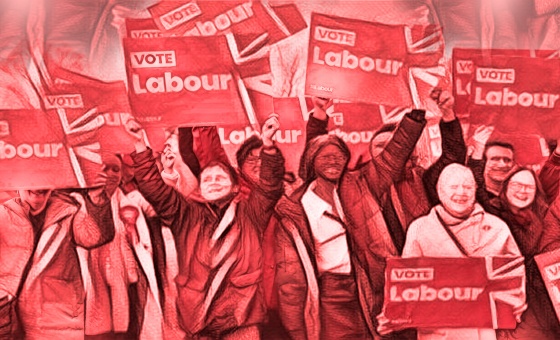This is the last article you can read this month
You can read more article this month
You can read more articles this month
Sorry your limit is up for this month
Reset on:
Please help support the Morning Star by subscribing here
EIGHTY years ago, after fighting fascism for two years, Scotland’s International Brigaders were on their way home. The Brigades had been withdrawn two months before by Republican Prime Minister Juan Negrin. It was a desperate bid to win British and French goodwill, despite their continuing failure to support the elected Spanish government, preferring “non-intervention” and appeasing Axis fascism.
On September 23 the British Battalion, led by its commander Sam Wild and chief commissar, Aberdeen’s Bob Cooney, was positioned above the Ebro. After suffering air and artillery bombardment, enemy tanks and infantry attacked. Many were wounded or taken prisoner. The survivors withdrew. It was their last action in Spain.
On October 17 they were reviewed and several received promotions or commendations. Among these was Fife’s Tommy Bloomfield, one of the few remaining who had fought at Jarama. At the end of the month, the Battalion was in Barcelona for the International Brigades’ farewell parade. La Pasionaria addressed them, concluding with this tribute:
“You can go with pride. You are history. You are legend. You are the heroic example of the solidarity and the universality of democracy. We will not forget you.”
The 305 volunteers were stranded in Spain until December. Whitehall delayed but after pressure from the Dependents’ Aid Committee amongst others, the British Consul in Barcelona finally let them return home.
They reached Victoria station on December 7. “Led proudly by their wounded comrades, they marched into London,” a press report recounted. “With them marched the spirit of Byron, the Tolpuddle Martyrs, the Chartists, Keir Hardie.
“Men as well as women wept and cheered; it was no political affair, for all parties were represented, both on the platform and in the crowd. It was British democracy spontaneously expressing its abhorrence of fascism and its appreciation of bravery.”
With Sam Wild and Bob Cooney leading, they marched to Downing Street with a petition demanding support for the Spanish Republic – but police blocked their way. With the wounded walking between the police and the rest of the Brigaders, Wild told the inspector in charge that he was delivering the petition come what may.
The police didn’t relish the stigma of battering wounded veterans, so common sense, and Wild, prevailed. Afterwards, a rally in the East End was addressed by Clement Attlee, Stafford Cripps and Willie Gallacher. Wild stormed: “We intend to keep the promise we made to the Spanish people; that we will continue to fight in Britain for the assistance of Spain.” Over the next few days, similar scenes were played out in towns and cities across Britain as the Brigaders came home.
For those either too badly wounded to be moved, or POWs in fascist hands, the war was not yet over. Frank Ryan, the captured Irish IB leader, would never see his homeland again. He had been taken to Germany, where the nazis hoped to use his Republican links to foment rebellion in Ireland. Mistreated, he became seriously ill, dying in Dresden in 1944.
For those who made it home, their first battle was adapting to peacetime. Several suffered post traumatic stress; “The experiences of many leave unseen scars, on the mind, in the heart,” one said. “If this is true, my scar is Spain.”
For many the fight for Spain continued long after their return. Whilst the Republic struggled on into 1939, the campaign for aid and to pressurise the British government over non-intervention continued. In January 1939, two buses of veterans toured Britain, speaking in factories and halls, urging support for Spain.
Some joined the Spanish Aid Committee and helped Republican refugees who had fled to France. Their treatment by the French government appalled many. Herded into camps behind barbed wire, they lacked food and water. Some were wounded. Disease was rampant.
In March 1939, the International Brigade Association was formed, to continue to promote the Republic and support its adherents, even as Franco crushed the last resistance in Spain. The end came in April. By then Britain and France had officially recognised Franco’s regime. Nevertheless, the Brigaders continued to fight the Republic’s cause and for the victims of Francoism. Today, 80 years on, they are history, they are legend. We will not forget them.
Mike Arnott is Scotland secretary of the International Brigades Memorial Trust.




